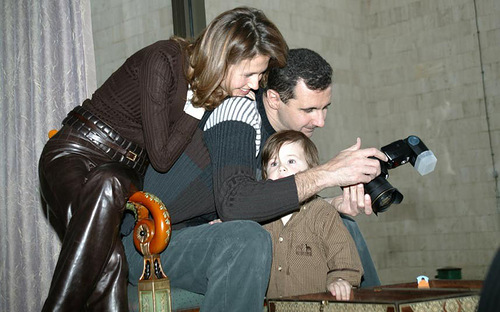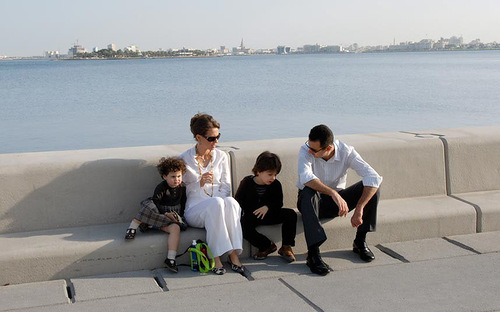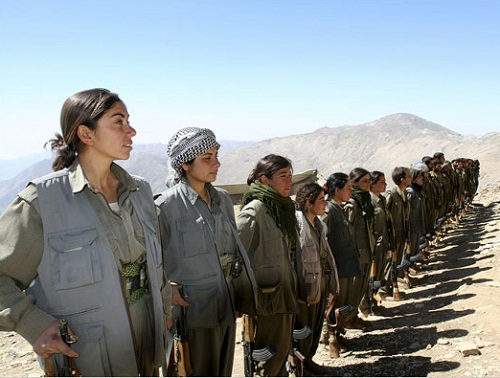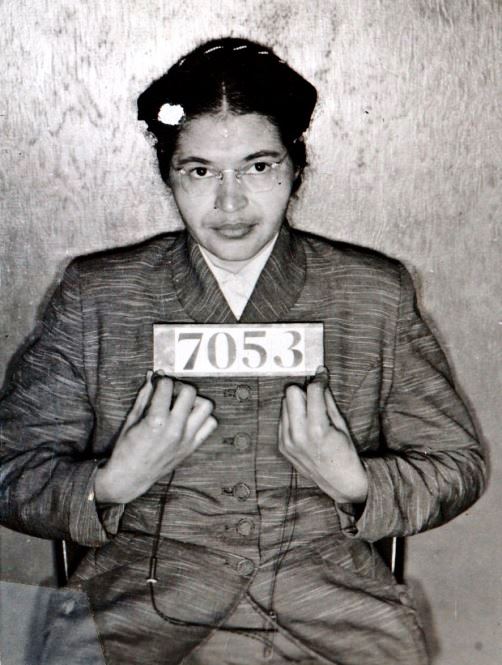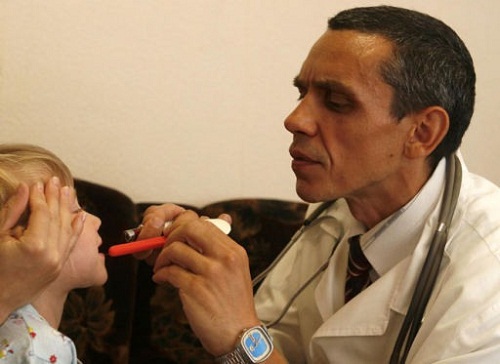Bashar Hafez Al-Assad and his family
Bashar Hafez Al-Assad and his family
Syrian politician and statesman, Bashar Hafez Al-Assad is the 16th President of Syria (2000), re-elected in 2007. However, mostly known as having anti-American views. The U.S. government accused him of aiding and abetting terrorism and support for the regime of Saddam Hussein. born September 11, 1965 in Damascus he was the son of the Syrian commander of Air Force and Air Defense Brigadier General Hafez al-Assad, who later became president of Syria. In 1988 he graduated with honors from the medical faculty of Damascus University in specialty “ophthalmologist.” Here is a selection of family photos of the Syrian president.
Following the death of his father from heart failure on 10 June 2000, Asad’s succession to the presidency proceeded smoothly. On the day after his father died, he was promoted to the rank of lieutenant general and named supreme commander of the armed forces. Shortly thereafter, he succeeded his father as secretary general of the omnipresent Arab Socialist Resurrection (Ba‘th) Party. Elected to a seven-year term on 10 July 2000 with 97.29 percent of the official vote tally, he became the sixteenth president of the Syrian Arab Republic on 17 July 2000.
Bashar Hafez Al-Assad and his family
In his inaugural address, Asad set the tone for the early years of his administration, stressing the dual themes of continuity and change that have characterized his presidency. Calling for serious economic reform, including a greater role for the private sector, he also supported administrative reform and the modernization of laws. At the same time, he rejected Western democracy as a suitable model for Syrian political development and pledged himself to a peaceful recovery of the occupied Golan Heights.
Asad soon displayed notable political skill, gracefully eliminating potential political rivals and promoting younger officials dedicated to economic and technological modernization. He also made clear his distaste for the cult of personality, a prominent feature of his father’s regime. One sign of a liberal inclination was his promise to reactivate the Progressive National Front, a coalition of political groups established in 1972 and dominated by the Ba‘th. Asad also granted amnesty to hundreds of political prisoners and decreed a 25 percent salary raise for public sector workers.
Sources:
Biographical Encyclopedia of the Modern Middle East and North Africa. Volume 1
images: fototelegraf.ru/?p=135517
